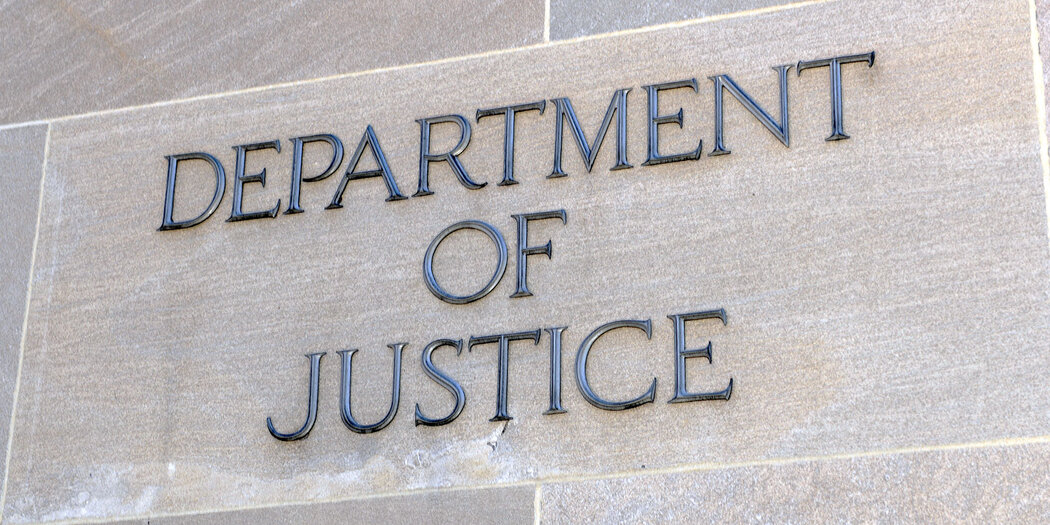Abrupt DOJ Grant Cancellation Sparks Concern Across Anti-Crime Programs
In an unexpected development, the Department of Justice has revoked over $810 million in grants that were previously awarded. This sudden decision impacts at least 365 grants, affecting a wide range of anti-crime initiatives led by nonprofit organizations in partnership with state and local agencies, including law enforcement.
The revoked funding had been crucial in addressing significant gaps within public safety frameworks. These grants supported crime victims, provided law enforcement training, and facilitated the treatment of individuals with behavioral and substance issues. They also aided in the reintegration of formerly incarcerated individuals and backed research for effective policy development. The abrupt cessation, occurring midway through a typical 3-year grant cycle, has thrown these programs into disarray, imposing financial burdens on nonprofits. There is an opportunity to appeal within 30 days, though the likelihood of success remains uncertain.
According to the Justice Department, the decision to terminate the grants was due to a misalignment with the administration’s priorities, which include “more directly supporting certain law enforcement operations, combatting violent crime, protecting American children, and supporting American victims of trafficking and sexual assault, and better coordinating law enforcement efforts.” However, many of the canceled grants were aligned with these goals, having received bipartisan support in the past, including during the first Trump administration. The termination of these programs, which have shown to enhance community safety, could potentially jeopardize rather than improve public safety.
Significant funding losses were experienced by organizations that connect victims with support services and those helping law enforcement address hate crimes. Other affected projects worked in tandem with law enforcement to divert individuals with mental health issues and substance use disorders from jail to treatment, assisting with housing, employment, and rehabilitation for those leaving prison. These initiatives aimed to break the cycle of re-arrest and reincarceration.
The department also cut funding for initiatives vital to the Prison Rape Elimination Act, a unanimously passed congressional act in 2003. The defunded initiative had been pivotal in providing states and counties with training and investigative support to tackle prison sexual assaults, in collaboration with the DOJ.
Additionally, funding was withdrawn from a group that, in cooperation with the DOJ, offered training and technical support to local organizations and police departments for community violence intervention programs. These funds originated from the Bipartisan Safer Communities Act, introduced by former Senator Marco Rubio (R-FL) in 2022. An expert noted that reductions in violence prevention funding threaten the progress made in reducing violent crime nationwide in recent years.
While new administrations often redefine grant priorities, midstream terminations are rare, as they squander taxpayer funds already spent. Organizations reliant on these multi-year grants for program and staffing plans face disruption due to the DOJ’s actions, introducing unpredictability and partisanship into the grant process. This move undermines the DOJ’s role as a leader and partner in fostering a just, fiscally prudent, and effective criminal justice system.
Reflecting potential hasty decision-making, the DOJ reversed some cuts the following day, particularly those aiding crime victims. Nonetheless, this limited reversal barely begins to address the damage inflicted on numerous programs crucial to law enforcement and public safety.
For the Justice Department to genuinely prioritize law enforcement support, victim assistance, crime reduction, child protection, trafficking combat, and recidivism reduction, these grants should be reinstated and further investments made in these vital areas.






